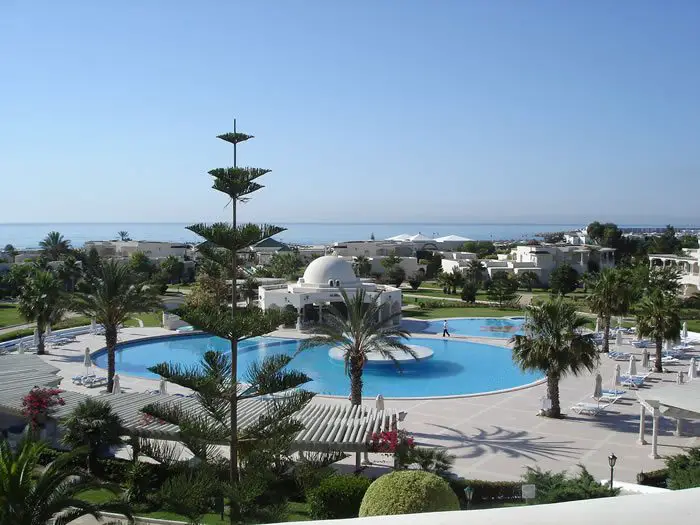Tunisia economy will realize a growth of 2.7% in 2016, compared to a 2.5% achieved in January this year, a World Bank global economic report released recently reveals. The country also reported a slowing down consumer price inflation of 5.5% in February this year, compared to 6.3% a year earlier.
Already, Tunisia requires about US$172.87 m for funding its road projects. A calmer environment is likely to boost environment for investments.
Economic growth could boost government’s investment on roads and construction projects. Furthermore, a tranquil environment and increased investor confidence reported this year is likely to boost investments into the country.
It is expected that the country’s economy would grow following the adoption of the new constitution and the forming of transitional government that comprised of technocrats. This, together with civil society organizations-led national dialogue, has helped quell the political deadlock in the country. This has provided an opportunity for the government to lay crucial strategies for economic recovery and restoring and maintenance of the security situation.
In 2013, Tunisia economy was able to pull from the mud of political and security crisis and grew by 2.6% from a reported 3.7% growth in 2012. However, the growth recorded in 2013 was lower than the official forecast of 4.5%.
According to the African Development Bank, the country cannot return to its durable growth until a rationalisation of public spending and effective oversight of the financial sector, the labour market and investment is achieved. A slowdown in consumer inflation was reported in 2013 due to the country’s tighter monetary policies and more moderate commodity prices, according to the World Bank.

